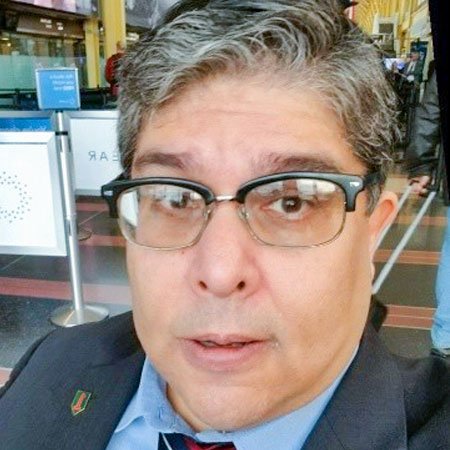National security analyst Rebecca Grant describes the importance of social media in the Ukraine War.
Russia's war against Ukraine is taking place in social media too.
Don’t fall for major trends of Russian disinformation!
Use official sources: @MFA_Ukraine, @APUkraine @GeneralStaffUA
P.S. sorry the team is exhausted without sleep, we make mistakes in tweets & tweet them again pic.twitter.com/OknbqLoetU
— Ukraine / Україна (@Ukraine) February 26, 2022
Grant: President Volodymyr Zelenskyy is winning the social media war. When he appears by the dawn’s early light from Kyiv, the world knows Vladimir Putin hasn’t taken down Ukraine yet.
Russia’s attack on Ukraine is the first major military confrontation of the social media age. The gut reactions brought to you by social media are a whole new factor impacting the war strategy of both Ukraine and Russia. Hint: Ukraine’s doing much better.
While armies have used information warfare for ages, the world has never seen this many videos and pictures of a war zone up close and coming at you so fast. On Twitter, @RALee85 posted a TikTok of a Russian Mi-24 attack helicopter engaging a Ukrainian self-propelled air defense missile battery on a highway near Kyiv, and then @hengenahm added the geolocation coordinates.
Granted, it’s hard to form an overall assessment of the campaign from the thousands of battle clips. There’s so much information it’s impossible to digest or verify it all.
But the videos of destroyed equipment tell a tale. You see Ukraine fighting back. You see that Russia’s savage attack is not moving as fast as Putin hoped. The Pentagon said Saturday resistance is greater than the Russians expected. Social media images of destroyed Russian equipment make you believe that’s true.
But there’s much, much more to the social media story. You’ve got posts from three groups: the Russian invaders, Ukraine’s defenders and the bystanders. The bystanders are by far the biggest group. Their posts are a huge amorphous collection of war images culled from TikTok and other uploads and curated to Twitter and other sites where journalists and analysts take note. Let’s not be naïve. Obviously, the bystander posts include a mix of items from concerned citizens and propagandists for both sides.
But here’s what’s amazing: the effect is powerful for Ukraine, not Russia. Smoke, fire, destruction, tearful soldiers, and suffering fuel the world’s outrage at Putin’s unprovoked invasion. Social media gives the advantage to Ukraine, and rightly so.
Next consider the masterful images from Ukraine’s officials. Kyiv Mayor Vitaliy Klitsckho, former heavyweight champion, checks in on Instagram. Foreign Minister @DmytroKuleba posts damage photos on Twitter.
Top of the lot is Zelenskyy. Remember Zelenskyy was a successful comedian and TV actor before he was elected president of Ukraine in 2019. In his hit TV show he played a history teacher elected president of Ukraine because people were fed up with the establishment. Then he ran for president for real. Before that, Zelensky did stand-up mocking Russian tourists in Crimea. You can see why Putin hates him…
Putin’s been in power for 20 years, way before the iPhone era. Maybe no one told the 69-year-old autocrat that world events now get real on Instagram. Did he not realize the world would resent seeing Russian forces kill and destroy for no reason?
The strategic value of social media is real. Military analysts have known that open-source intelligence – nicknamed OSINT – would soon be right up there with satellite photos as another insight on the bad guys. But few predicted the big advantage social media would give to Ukraine’s defenders.

Join the Discussion
COMMENTS POLICY: We have no tolerance for messages of violence, racism, vulgarity, obscenity or other such discourteous behavior. Thank you for contributing to a respectful and useful online dialogue.
Is Big Tech blocking posts to keep Putin happy